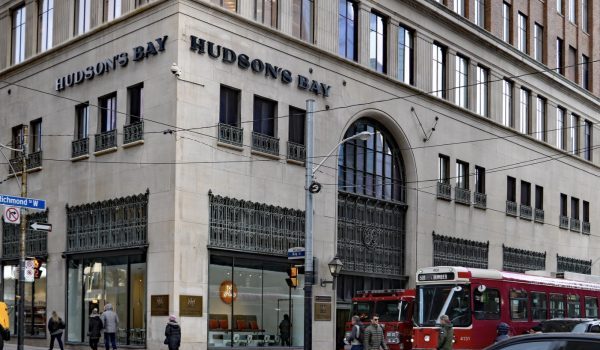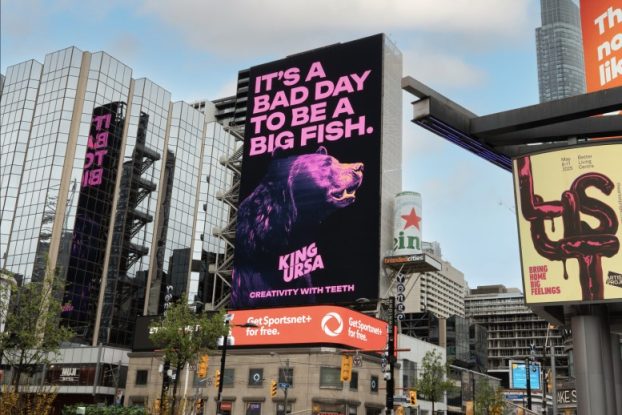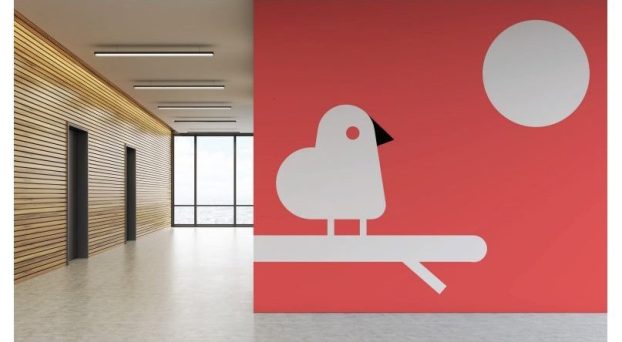Len Laycock, president and founder of Sofas a la Carte, says a furniture store is a dumb place to buy a sofa.
As a result, Laycock has stretched the Vancouver retail market with a new concept: a sofas-only boutique where picky customers dictate the color and style of their purchase down to the last detail, including the firmness of the cushions.
With Sofas a la Carte, a three-year-old store in Vancouver, Laycock has taken the specialty market to the extreme and tapped into a renewed retail trend in which ‘the customer is always right.’
Like other retailers, Laycock, who spent seven years as marketing director at Ikea Canada before starting up Sofas a la Carte, sees consumers demanding preferential service and wide selection.
At Sofas a la Carte, customers shop in a sparsely designed 6,000-square-foot showroom, choosing from 19 basic styles of sofas and 1,000 one-metre fabric swatches on the walls.
The variety, a recent award-winning newspaper ad for Sofas a la Carte blares, adds up to 40,000 couch combinations.
‘It’s a little like making your own pizza,’ says Laycock of the set-up that sees buyers mix and match styles with coverings.
Marketing claims more than 10% of the company’s gross revenues, a far cry from the miniscule budget when Sofas a la Carte started in 1991 with a simple public relations campaign that earned stories in weeklies such as Business in Vancouver, and glossy monthlies such as Western Living and Canadian House & Home.
With increased business came more aggressive advertising.
A funny tv commercial that aired in the spring of 1993 featured the droll tones of the actor who played ‘Carlton the Doorman’ on the popular tv sitcom Rhoda.
The spot – which focussed on the unsatisfactory seating at the Pacific National Exhibition Coliseum hockey arena, the Orpheum Theatre and an occupied airplane lavatory – earned 2,000 gross rating points and drove home the idea that variety could be had at Sofas a la Carte.
Specialization is the dime on which Laycock turns.
Salespeople have one product to sell – sofas – so they know what they are talking about. And the company is vertically integrated, which means Laycock manufactures in-house.
Sofas are delivered within 16 working days, guaranteed, compared with competitors, which take four to five weeks or longer to deliver a comparable product from their u.s. plants.
By outclassing competitors in something as simple as delivery time, Sofas a la Carte is claiming market share and earning a reputation for meeting the fickle demands of customers, who provide Laycock with a surprising amount of repeat and word-of-mouth business.
Actual sales figures at the private company are not disclosed, but Laycock claims gross sales in 1993 improved by 79% over 1992.
In the most recent January-over-January comparison, he says sales are up 31%.
A three-seat sofa ranges in price from $800 to $2,400 and, like the rest of the inventory, features solid wood construction, high resiliency foam and a unique webbing suspension system.
Laycock feels the sturdy composition of his stock adds value to the dollar, another major concern in the mind of consumers.
Still more business, and goodwill, have come from Laycock’s commitment to the community.
By tagging each sofa style with a familiar West Coast street or neighborhood name – such as Arbutus, Robson, Granville, Pender and Kitsilano – Laycock taps into the burgeoning sense of regionalism and laid-back pride in Vancouver.
In Sofas a la Carte’s most recent full-page Western Living ad, beautifully appointed couches are displayed in front of projections of Vancouver landmarks such as The Ridge movie theatre on Arbutus, and City Hall on Cambie.
The ads include the sell lines, Arbutus a la Carte and Cambie a la Carte. It all helps to reinforce the idea that the store and the product are local.























